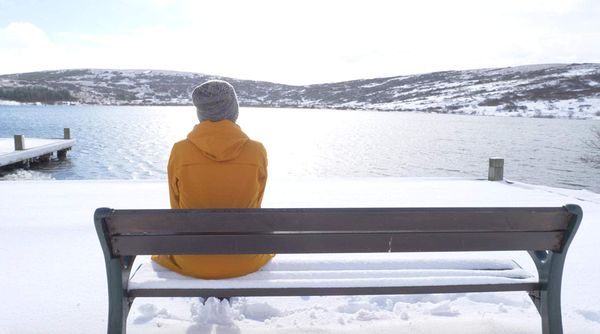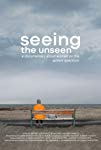Eye For Film >> Movies >> Seeing The Unseen (2019) Film Review
Seeing The Unseen
Reviewed by: Jennie Kermode

If you picture an autistic person, what do you see? For most people, it will be a boy. Discussions of autism still focus on children (although, of course, it’s not a difference that goes away with age) and girls are three to four times less likely to be diagnosed as autistic than boys. There are several theories as to why that is but experts increasingly agree that even if there’s a gender difference, it isn’t really that big. A lot of autistic girls are not being identified. What does this mean for them? And how do girls – and adult women – who are diagnosed find that it affects their lives?
Kristján Kristjánsson and Bjarney Lúðvíksdóttir’s documentary explores these questions and more, with 17 autistic women of varying ages contributing their thoughts. Their diverse experiences throw light on the importance of proper support for all those who struggle with feeling different, and emphasise the need for autism to be considered as a possibility where individuals experience ongoing problems. There’s a lot of talk amongst the older participants of the damage done by misdiagnosis, with one woman shut away for years in an institution because her anxiety was interpreted as pathological rather than a result of having to deal with stress factors which could be alleviated. Others talk of bullying at school and in the workplace, and of how diagnosis has empowered them to advocate for themselves.

Later life diagnosis has left some of the women questioning which aspects of their behaviour stem from their autism and which are a reaction to the way one is treated when different. A disinclination to socialise, for instance, makes perfect sense if one is used to being shunned. Social isolation can, in turn, exacerbate some of the other risks associated with being autistic. One participant talks about how vulnerable young autistic women often are and how it’s common for them to be targeted by men who try to seduce them online, usually because those men want to marry them so they can get residency in a wealthier country. They are also significantly more likely than neurotypical women to experience domestic abuse, and when a situation turns bad, it can be harder for them to get out.
Filmed in and around Iceland, the documentary encounters its participants in the course of their day to day lives – at home, at work or out and about – immediately dispelling many of the myths about their difference. We don’t meet anyone with the kind of learning difficulties that require significant day to day support, which might be seen as a problematic omission, but then, those are the women most likely to be diagnosed in childhood, who are not the film’s main concern. One of those participating doesn’t have a diagnosis at all, and over the course of the film we see her wrestling with the question of whether or not she should go for an assessment. She’s pretty sure of what the answer would be but wonders what difference, if any, it would make to her life at this stage.
A film about the need that we all have to understand ourselves and to make sense of how we fit into the world, Seeing The Unseen makes an important contribution to ongoing dialogues around autism. It puts its participants’ voices first, treating them with the same respect as any other adults and never assuming that others know them better than they do themselves – an approach that ought to be obvious but, in relation to this topic, sadly remains rare. The approach is something that keeps its distance from familiar medicalised narratives and offers, instead, the kind of human insight that really makes a difference to people’s lives.
Reviewed on: 07 Mar 2020















